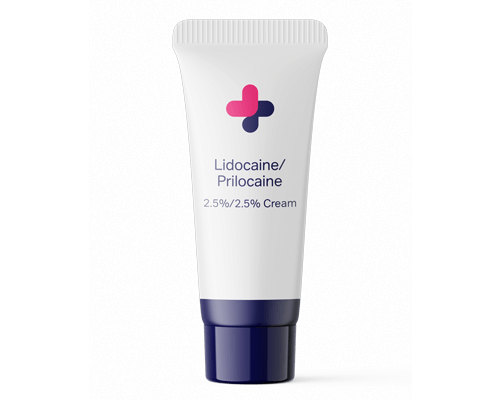Lidocaine/ Prilocaine Cream
Successfully delay your orgasm with Lidocaine/Prilocaine cream
A well-proven treatment for premature ejaculation, Lidocaine/Prilocaine cream is easy to apply and will help you last longer during sexual intercourse from the first time you use it.
Start your consultation to buy Lidocaine/ Prilocaine Cream
Start your consultation to buy Lidocaine/ Prilocaine Cream
Buy Lidocaine/ Prilocaine Cream from a trusted U.S. Pharmacy

- Fully authorized pharmacy
- Price checked medication
- Free shipping
















Quick and discreet
I ordered Azithromycin tablets for chlamydia treatment, received it next day in a brown discreet pack, and cheaper than all other pharmacies, can't ask for more
Jordan McCann